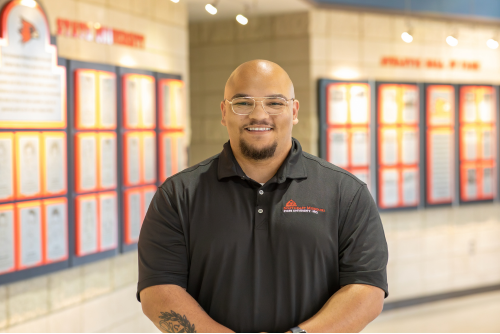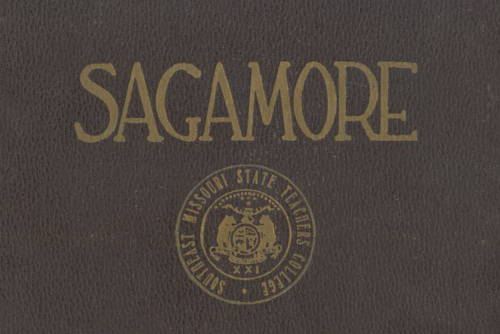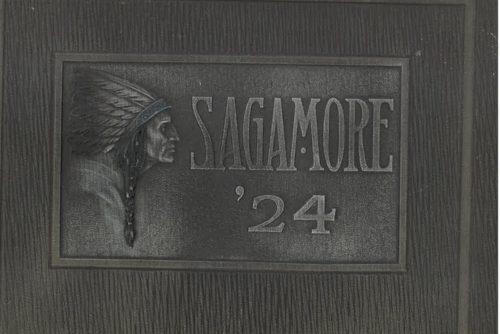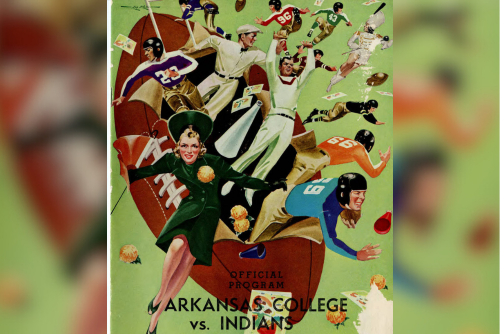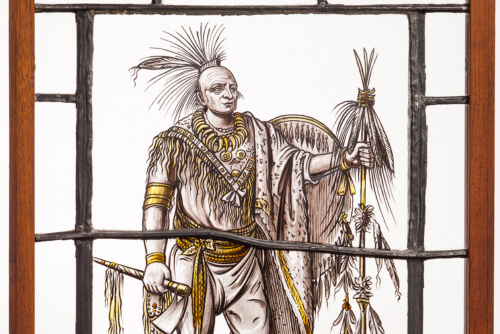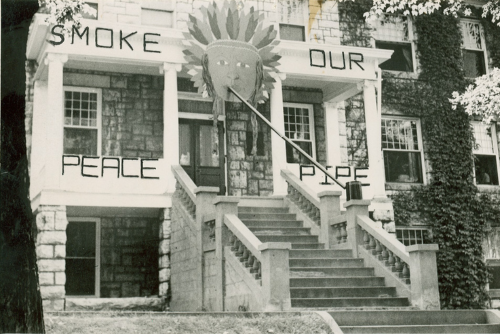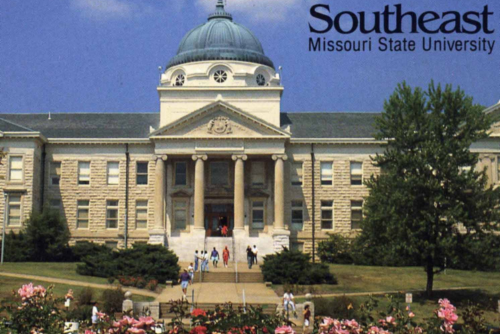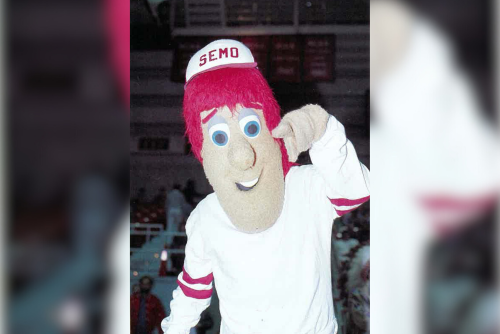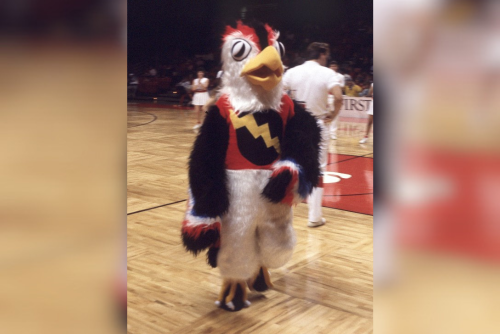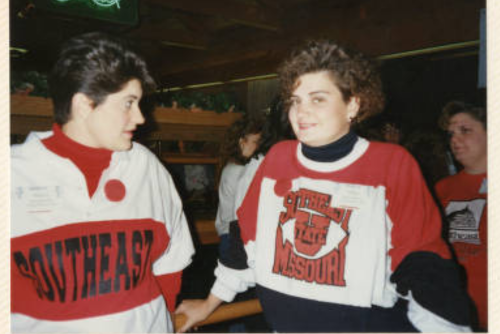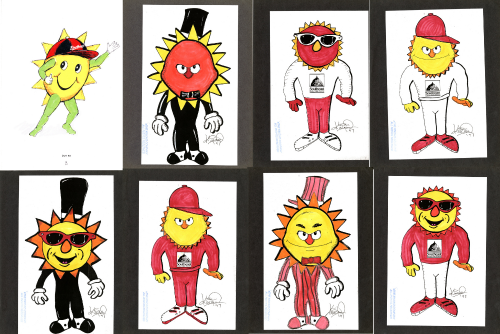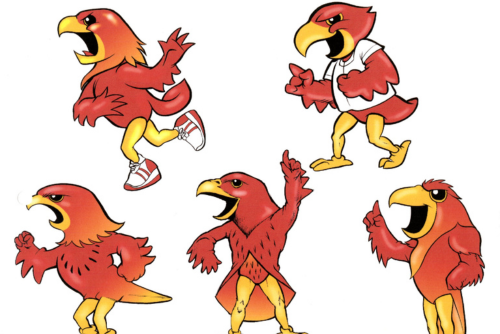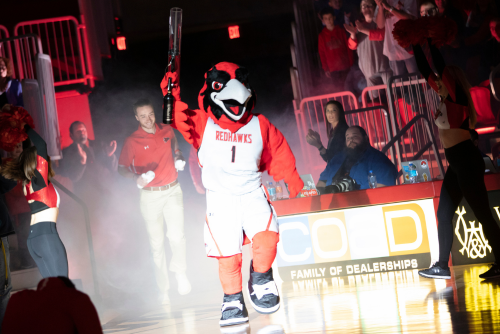Mascots Then and Now
Continue to main contentAs we honor our history this sesquicentennial year, Southeast Missouri State University has had several mascots in its 150 years. From a Native American chief to the Redhawk we know today, let us take you through the timeline of the many faces of Southeast.
Former Southeast students who got the privilege of donning the mascot attire of their time seem to share a sense of pride in their job as the face of SEMO. Although the mascot has not remained the same over the last 150 years, one thing that has not changed is what the mascot means to our University. A mascot says a lot about an institution. It speaks to the tenacity of the students and underscores their fighting spirit. Mascots are the embodiment of what a university strives to be. Today, the Redhawk spirit is with the students in the classroom and in the sports arena. Rowdy is energetic, loyal, hardworking, and fun. If that doesn't sum up Southeast, we don't know what does.
SEMO Mascots through the Years
-
1914 to 1920
The Sagamore and Capaha Arrow use indigenous iconography. -
1920-1930
Indigenous iconography extends into sports. Teams are now called the 'Indians.' -
1930-1940
Southeast has no official mascot but continues to use the 'Indian' nickname. -
1940-1960
‘Big Chief Sagamore’ is officially recognized at University sporting events. -
1960-1972
Chief Sagamore is now shown alongside a ‘Princess' later known as Princess Otahki. In 1965, Alpha Phi Omega sponsors the use of a costume. -
1981-1984
Southeast takes action as universities across the nation question using Native American mascots. Chief Sagamore is quietly retired but the 'Indian' nickname continues. -
1986-1988
A new mascot arrives. SEMO Red is featured with cheerleaders at campus events. Chief Sagamore and Princess Otahki continue to exist but do not take the forefront as mascots. -
1989
Southeast tries out the thunderbird as a mascot. It is shortlived. -
1989-1996
Southeast uses the 'Indian' nickname but does not have an official mascot. -
1997-2004
Various members of the campus community come together under President Dobbins to determine whether or not to replace the nickname 'Indians' as well as the mascot. Several other mascot ideas are submitted. -
2005
After passing on names like the Ninja Squirrels and the Fighting Okra, Southeast introduces Rowdy the Redhawk. Rowdy was hatched on January 22, 2005. -
2019
Rowdy the Redhawk gets a new look!
"...When the women's basketball team won the OVC championship, I was there on the court when they won and it was an amazing experience. I mean, they just all erupted and I ran onto the court and the mascot uniform as well. And that was probably the best experience of my life and especially in the game."
Trevor Sumpter
